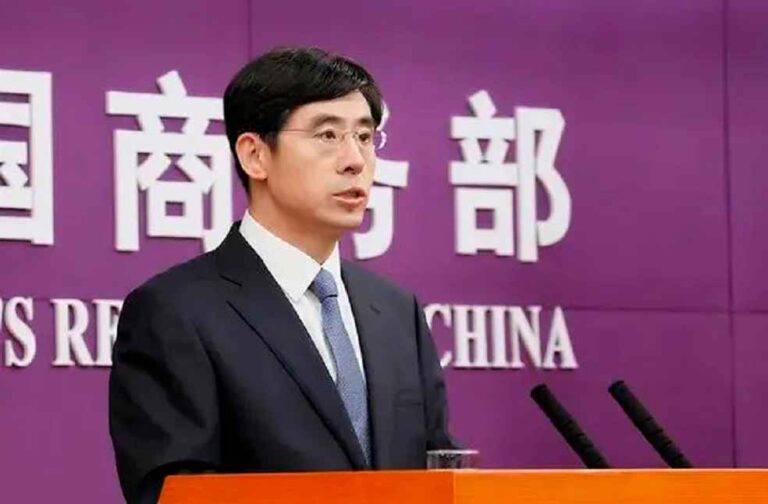China and Arab nations are intensifying trade collaborations, according to He Yadong, spokesperson for the Chinese Ministry of Commerce, during a recent press conference in Beijing.
This strategic advancement follows the introduction of new economic and trade protocols aligned with the ‘five cooperation frameworks’ proposed by Chinese President Xi Jinping at the 10th Ministerial Conference of the China-Arab States Cooperation Forum, celebrated in Beijing on May 30. This forum, marking its 20th anniversary, serves as a cornerstone for expansive and comprehensive Sino-Arab relations.
“China has become the largest trading partner and a major cooperation partner in infrastructure construction and investment for the Arab countries,” noted He. Expansions in bilateral cooperation span diverse sectors including finance, aerospace, digital economy, and green development, showcasing robust growth and mutual advantages.

President Xi’s advocacy for a more balanced framework for mutually beneficial economic and trade ties sets a strategic direction for future China-Arab economic interactions. The Chinese side is keen on reinforcing coordination with Arab nations to foster further development in this bilateral relationship.
Future cooperation initiatives include expediting negotiations on the China-GCC (Gulf Cooperation Council) free trade agreement and pursuing additional bilateral and regional trade agreements. Both parties aim to fortify cooperation through mechanisms such as unimpeded trade and trade remedies while promoting mutual recognition of standards to streamline trade processes.
He elaborated that, planned enhancements to bilateral investment treaties will augment investment protections, creating a supportive environment for the thriving of industrial parks and deepening of industrial and supply chain collaborations. This approach is designed to quicken economic and industrial exchanges between China and Arab countries, thereby enhancing regional economic circulation.

The spokesperson also underscored efforts to amplify cross-border e-commerce and develop overseas warehouses to diversify trade channels and methodologies. Both regions are dedicated to aligning on digital economy strategies, policies, regulations, and standards. Continued emphasis on green, low-carbon, and sustainable initiatives remains a priority, supporting the economic diversification and transformation ambitions of Arab nations.
As trade and economic bonds between China and the Arab states solidify, both regions look forward to a future characterized by burgeoning cooperation, economic expansion, and mutual prosperity.
IMEX SECTOR | Indonesia Set to Lead Global Ornamental Fish Exports, Overtaking Japan



